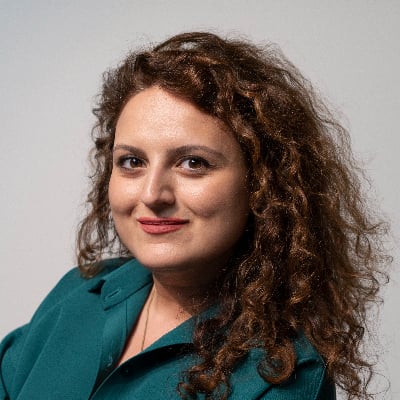Investigative and fact-checking journalists in Armenia have started a fundraiser to subscribe to the Planet satellite photo platform. Planet provides satellite images that show and monitor changes occurring anywhere on Earth.
The fundraiser was organized by InFact, which brings together fact-checkers in Armenia, and Hetq, an NGO focused on investigative journalism.
Fifteen Armenian media outlets from Yerevan and different marzes collaborate in InFact. The network aims to promote the genre of fact-checking journalism in Armenia and strengthen the collaboration among fact-checking journalists and platforms.
Christine Barseghyan, the executive director of Hetq, emphasizes that online resources and tools, especially satellite images, play a crucial role in fact-checking and investigative journalism today. By subscribing to Planet, journalists can access reliable and up-to-date data, which can serve as a solid foundation for their investigations.
“Planet is one of the most powerful tools available in the field. It serves not only as a satellite research instrument but also as a statistical data acquisition and analysis tool. It allows you to observe any point on Earth with high accuracy. You can monitor movements in the air and water, as well as track the movement of planes and ships,” says Christine.
Many reputable Western media outlets utilize Planet. For instance, the investigative site Bellingcat frequently uses this platform for its research. Governments in several Western countries also employ this tool to inform strategic decisions.
The information provided by the platform can be applied across a wide range of fields. Topics such as border security, anti-corruption, environmental protection, and urban development can be effectively examined using Planet’s satellite images and monitoring data, highlighting changes over time.
“The fate of Artsakh’s cultural heritage is a crucial and sensitive issue for all of us. The media frequently reports that Armenian cultural sites are under threat. With this tool, we will have the opportunity to collect daily data and monitor the condition of our cultural heritage in Artsakh,” says the director of Hetq.
Planet has an archive of satellite images that can be used for journalistic investigations. For instance, one can observe changes in mine tailing sites and monitor the green zones.
A total of 4,670,000 drams is required for a one-year subscription to the Planet platform, which provides access to satellite images and its archive. This is the primary goal of the initiative team. However, to obtain more specialized photos and maximize the platform’s potential, the journalists aim to raise 9,340,000 drams. This additional funding will allow them to place individual orders for up to 60 photos from the SkySat satellite over a year, enabling them to request images of specific locations relevant to their journalistic work.
 Christine emphasizes that our society is gradually recognizing the need to pay for quality information. People are starting to understand the importance of independent media, with financial stability being a vital prerequisite for media independence. Therefore, it is crucial for every media consumer to acknowledge the significance of their contribution—however small—toward supporting factual journalism.
Christine emphasizes that our society is gradually recognizing the need to pay for quality information. People are starting to understand the importance of independent media, with financial stability being a vital prerequisite for media independence. Therefore, it is crucial for every media consumer to acknowledge the significance of their contribution—however small—toward supporting factual journalism.
Thanks to fundraising efforts on the Rearmenia platform, 2,211,729 drams have been raised as of December 12, 2024. The fundraising campaign will end in 109 days.







